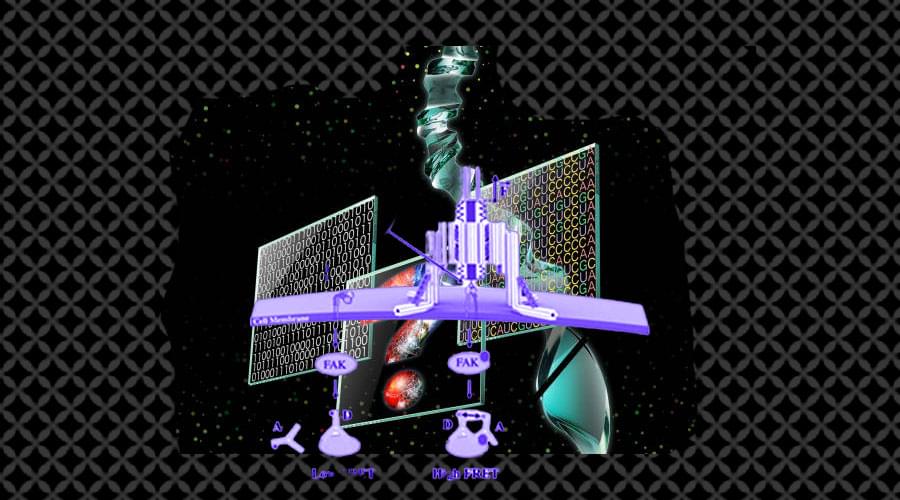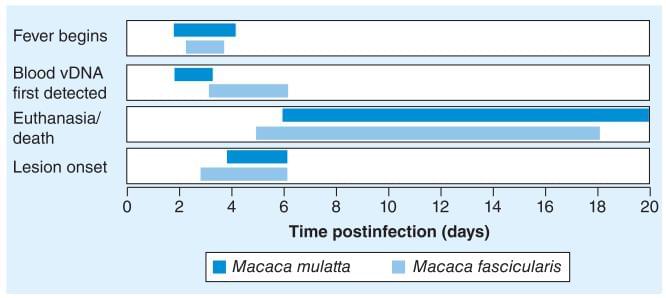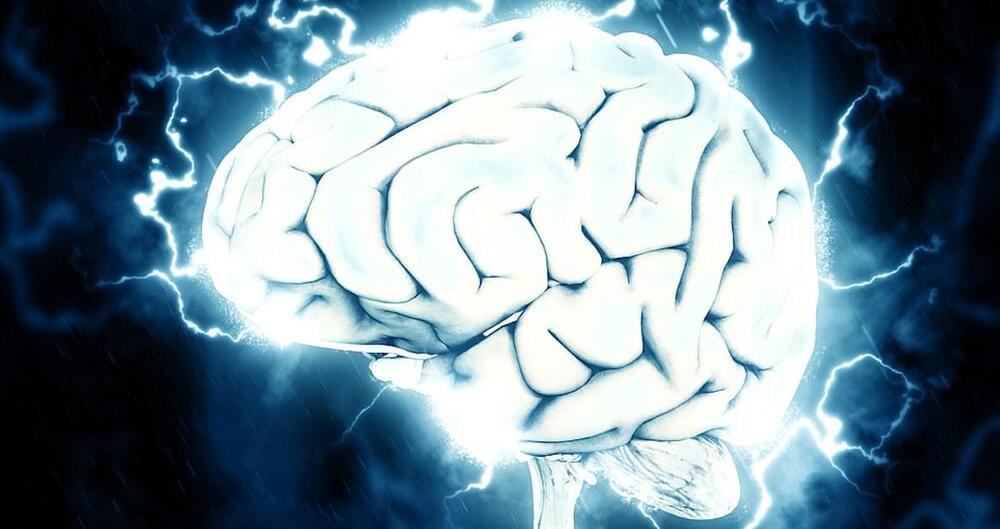The researchers wanted to create robots that could pick up and sort molecules within a designated space. This makes it possible for DNA molecules to serve as the building blocks for 3D nanostructures that self-assemble in a predetermined shape. Tiny DNA-based robots and other nanodevices will deliver medicine inside our bodies, detect the presence of deadly pathogens, and help manufacture increasingly smaller electronics.
This enabled the researchers to design a nano-robot composed of three DNA origami structures. To help it maneuver within the designated space, the robot had a “leg” with a pair of feet. An “arm” with a “hand” allowed it to carry cargo, and a third component was added to tell the hand when a specific drop-off point had been reached so it would know to release the cargo. It allows researchers to carry out the entire design truly in 3D. Earlier design tools only allowed creation in 2D, forcing researchers to map their creations into 3D.
The software helps researchers design ways to take tiny strands of DNA and combine them into complex structures with parts like rotors and hinges that can move and complete a variety of tasks, including drug delivery. The robot will also enable researchers to more precisely determine important signaling pathways for a variety of biological and pathological processes that are stimulated at the cellular level during the application of force.







